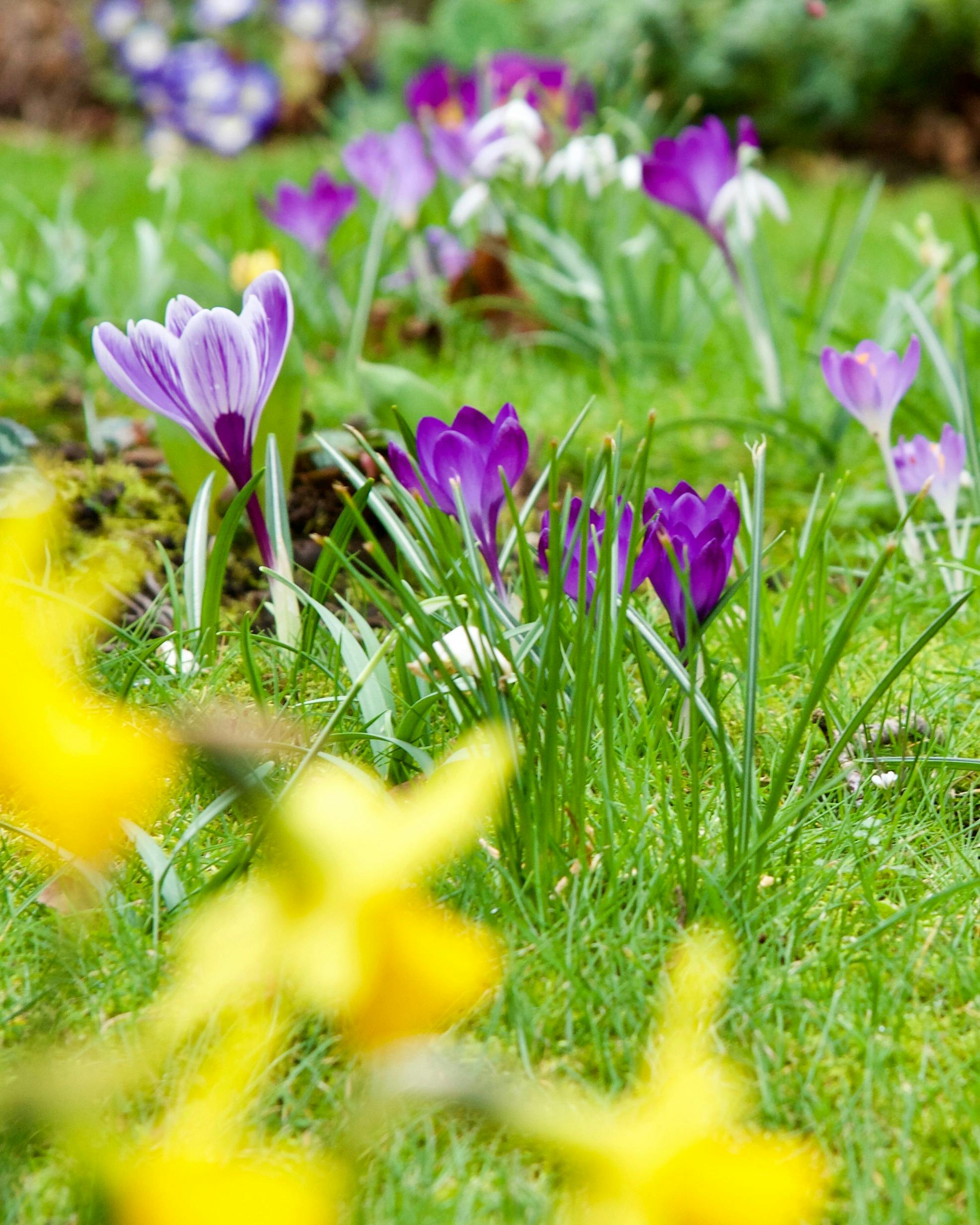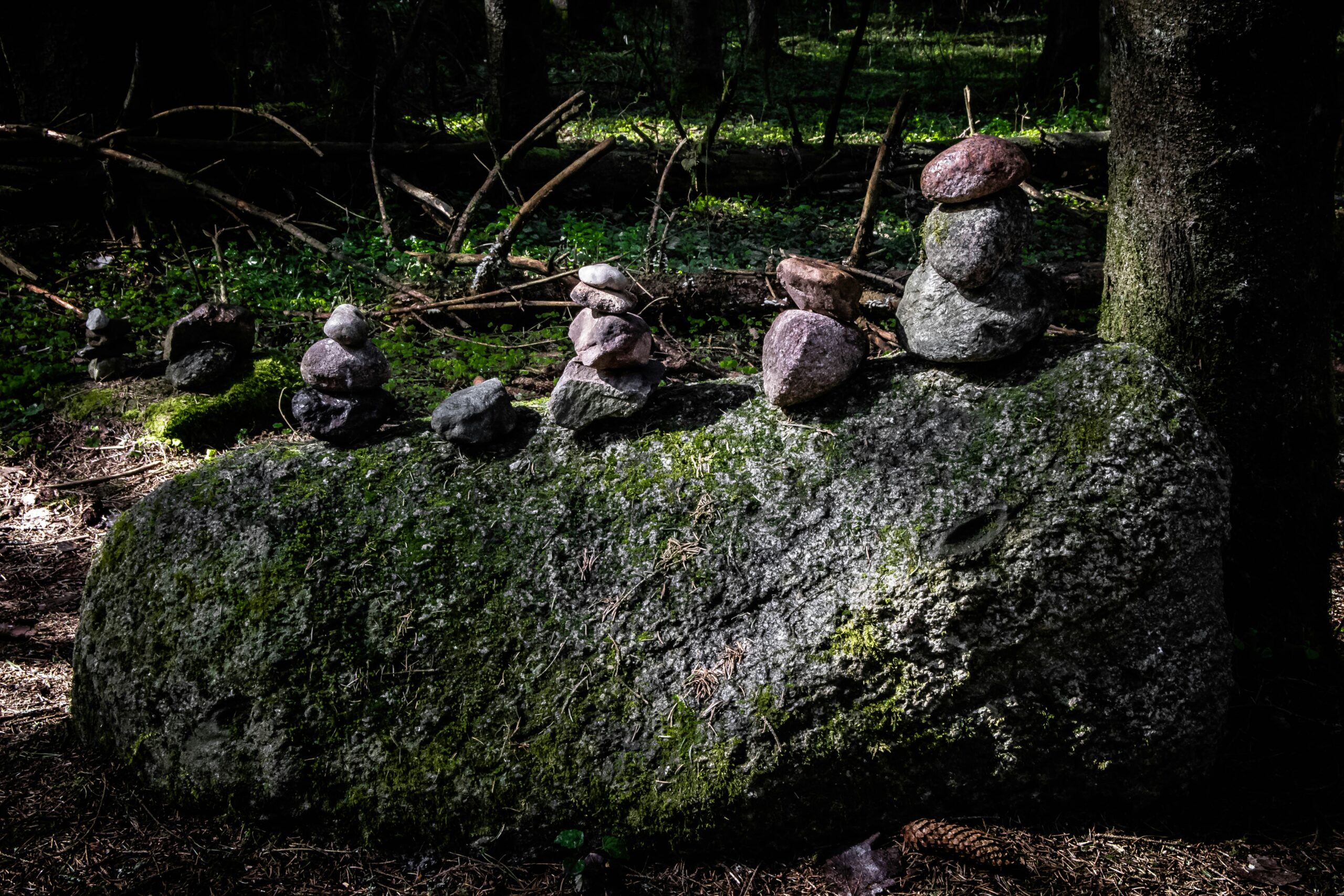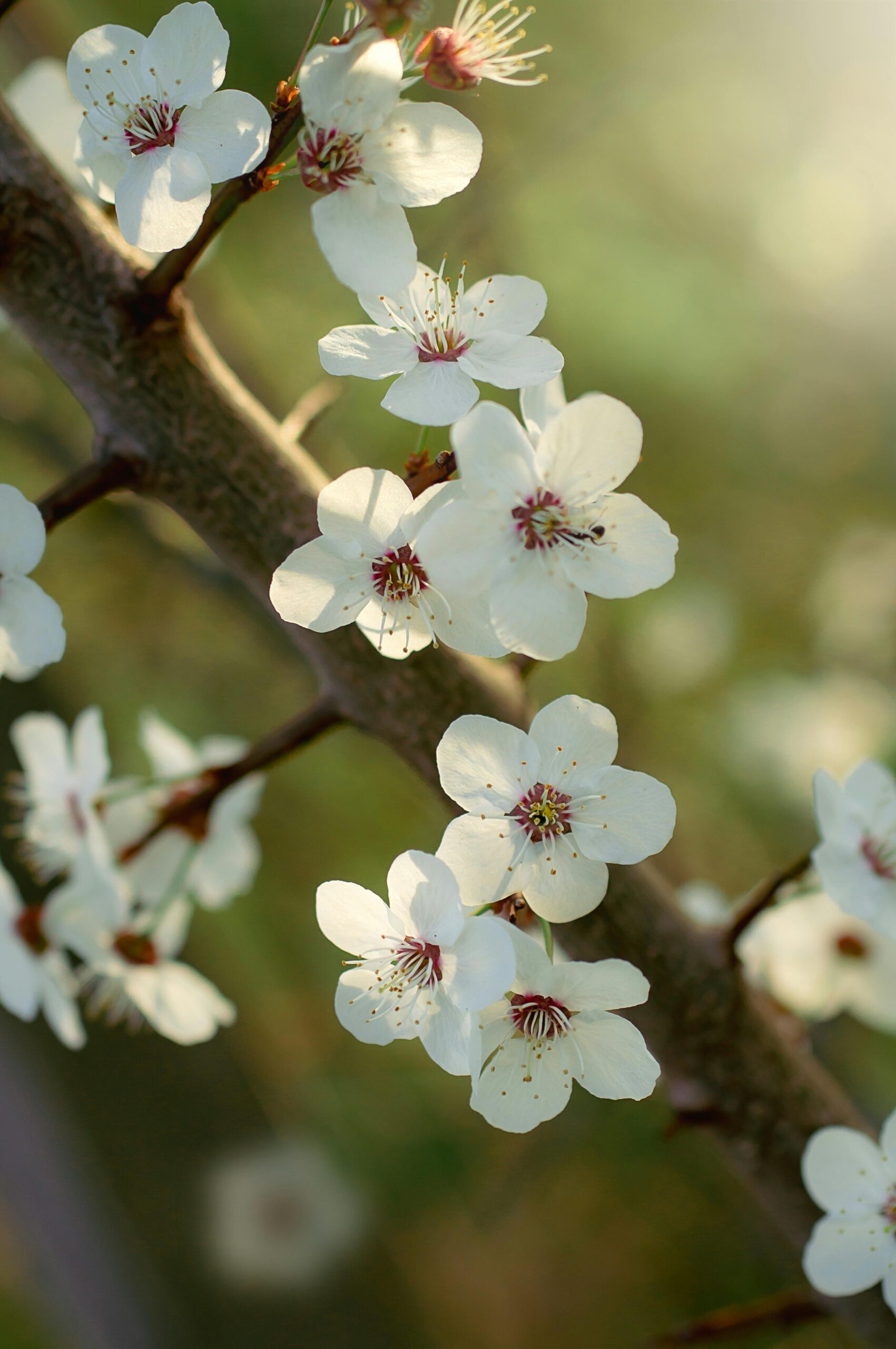Our news
-

The Most Haunted Castles That Come Alive in the Springtime
As the chill of winter fades and the warmth of spring settles in, some believe that certain castles awaken—not just in beauty, but in paranormal activity. The shifting energy of the season seems to stir lingering spirits, making spring an ideal time for ghostly encounters. From spectral figures wandering moonlit halls to eerie whispers carried…
-

May Flowers & Their Folklore: The Spirits Behind the Blooms
As May ushers in the full bloom of spring, flowers have long been seen as more than just beautiful decorations. Across various cultures, different flowers hold deep mystical significance, believed to carry the spirits of the past, divine messages, and even supernatural protection. Let’s uncover the fascinating folklore behind May’s most magical blooms. 1. Hawthorn:…
-

The Forgotten Pagan Festivals of May: Lost Celebrations and Their Meanings
May is a month rich with ancient celebrations, many of which have faded into obscurity. While Beltane remains well-known, numerous other May festivals once marked the changing season, honoring deities of fertility, renewal, and protection. These forgotten rites give us a glimpse into the sacred traditions of our ancestors and the mystical significance they placed…
-

How to Create a Personal Renewal Ritual for the Month of May
May is a time of renewal, transformation, and fresh energy. Across cultures, this season has been celebrated as a moment to cast off the past and embrace new beginnings. Whether you follow traditional May Day customs or wish to create a personal ritual, crafting a ceremony for renewal can help align your spirit with the…
-

Maypole Dances & Ancient Rituals: Fertility, Celebration, or Something Darker?
The Maypole dance is one of the most well-known May Day traditions, with its colorful ribbons and joyous celebrations. However, beneath its cheerful appearance lies a history filled with symbolism, ritual, and even eerie folklore. Were these dances simply about fertility and renewal, or did they once serve a more mysterious purpose? 1. The Origins…
-

The Haunting of Spring: Ghost Stories Tied to the Changing Seasons
As the chill of winter fades and nature awakens, the season of spring brings renewal—but also stirs echoes of the past. Throughout history, ghostly encounters have been reported during the changing of the seasons, with spirits said to return as the earth reawakens. Whether tied to ancient rituals, tragic events, or liminal spaces, these spectral…
-

Fae Folk and May Day: Why the Fairies Are Closest on May 1st
May 1st, known as May Day or Beltane, is a time of fire, fertility, and mysticism. It is also one of the days believed to bring humans closest to the realm of the Fae. Across centuries of folklore, the Fair Folk are said to roam freely during this liminal time, playing tricks, bestowing blessings, or…
-

The Role of Flowers in May Day Rituals and Their Magical Meanings
May Day, or Beltane, is a time of vibrant celebration, and flowers play a central role in its traditions. Flowers symbolize renewal, fertility, and protection, making them powerful tools for magic and ritual. Whether woven into garlands, scattered in doorways, or used in spells, different flowers carry unique meanings. Let’s explore how flowers are woven…
-

The Secret Superstitions of May Day You’ve Never Heard Of
May Day, celebrated on May 1st, is known for its joyous traditions of dancing, flower crowns, and the welcoming of summer. But beneath the surface of these cheerful customs lie deeper, stranger superstitions that have been passed down through generations. Some of these beliefs are tied to luck and fertility, while others warn of unseen…
-

May Day Magic: Myths, Traditions, and the Power of Renewal
May 1st, or May Day, has been celebrated for centuries as a time of renewal, fertility, and magic. Rooted in ancient pagan traditions, this day marks the height of spring’s awakening, a moment when the veil between worlds is believed to be thin, and nature brims with mystical energy. While modern May Day celebrations often…